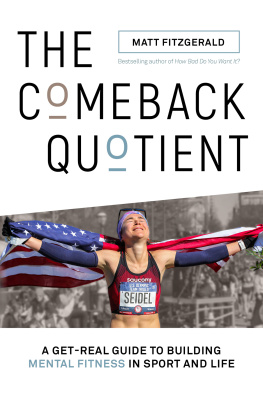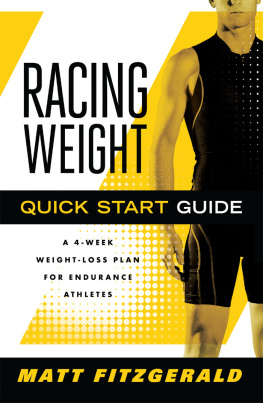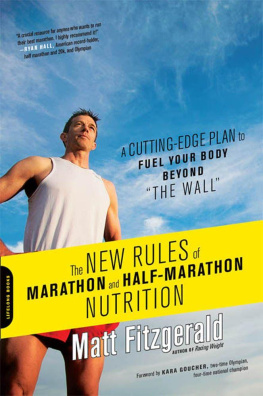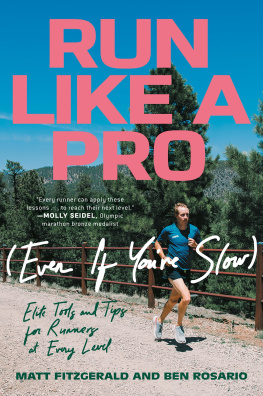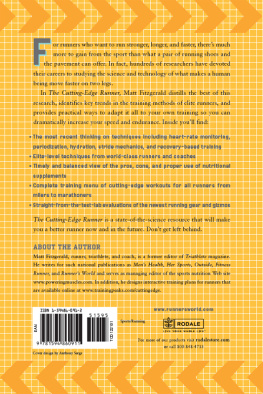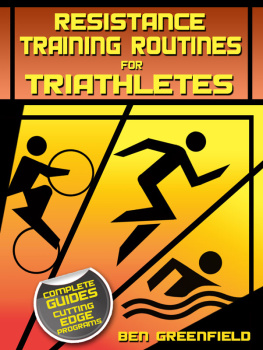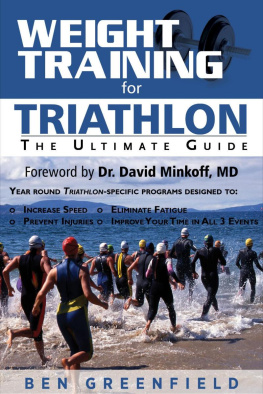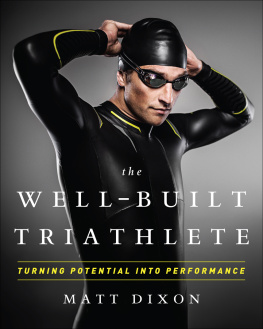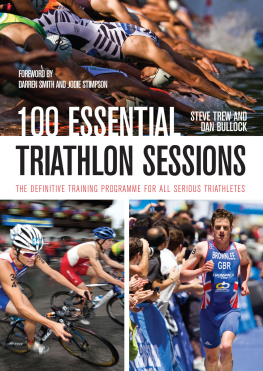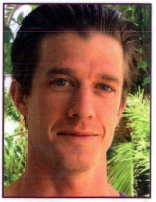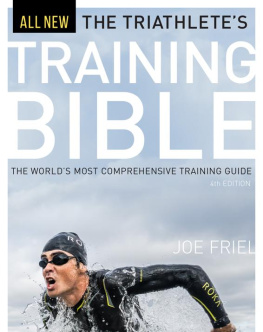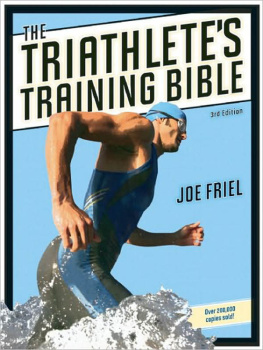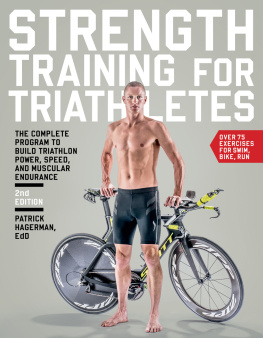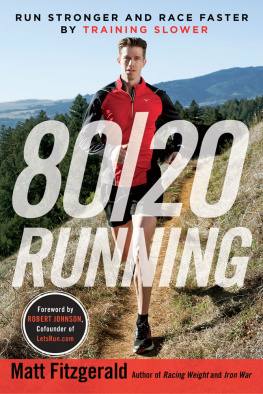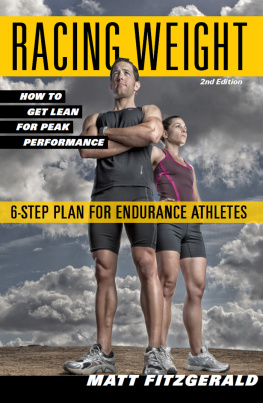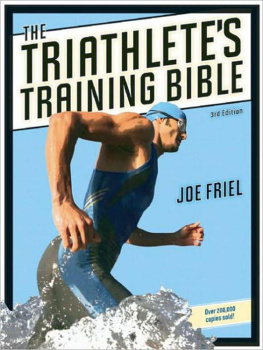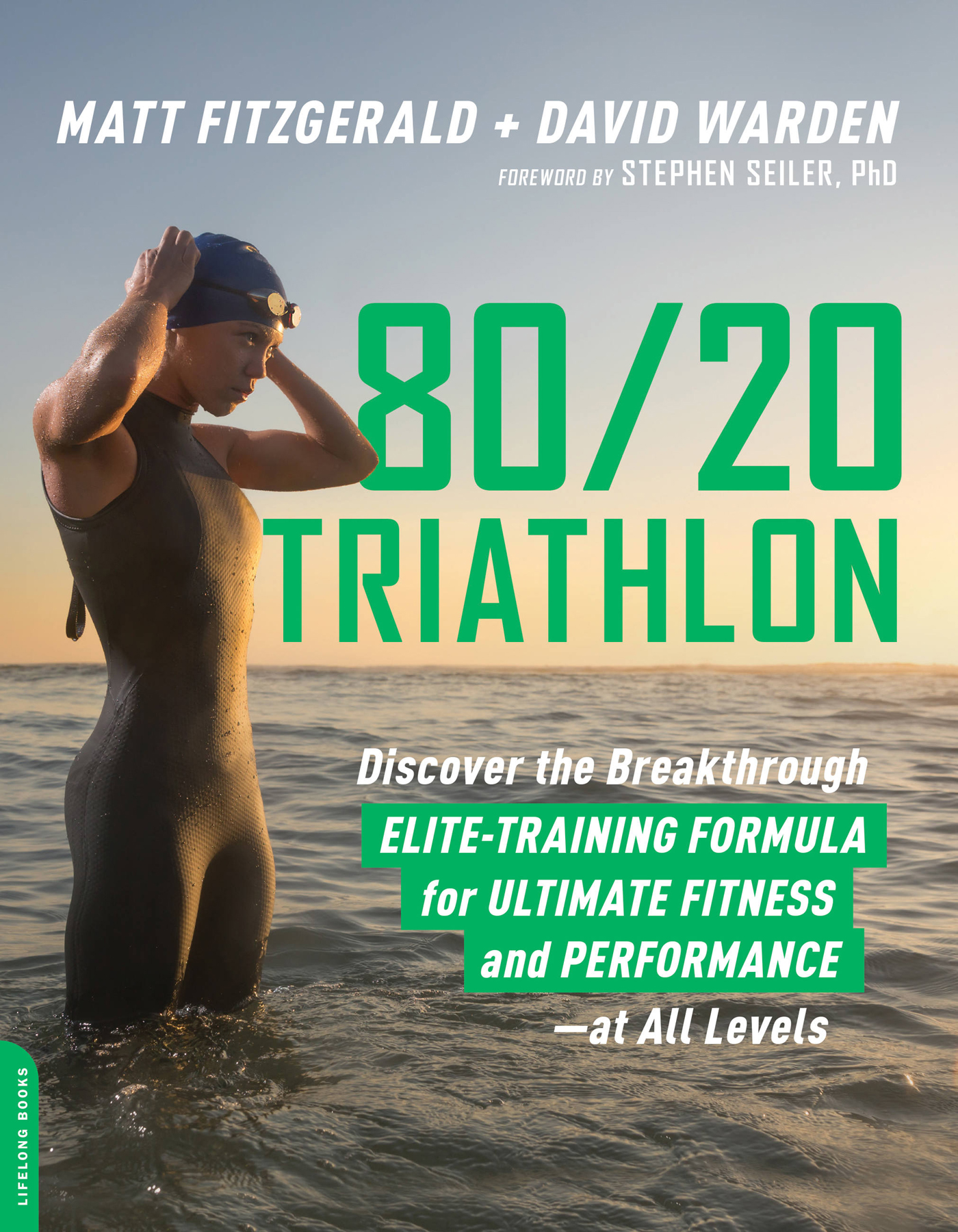Note: The information in this book is true and complete to the best of our knowledge. This book is intended only as an informative guide for those wishing to know more about health issues. In no way is this book intended to replace, countermand, or conflict with the advice given to you by your own physician. The ultimate decision concerning care should be made between you and your doctor. We strongly recommend you follow his or her advice. Information in this book is general and is offered with no guarantees on the part of the authors or Da Capo Press. The authors and publisher disclaim all liability in connection with the use of this book. The names and identifying details of people associated with events described in this book have been changed. Any similarity to actual persons is coincidental.
Many of the designations used by manufacturers and sellers to distinguish their products are claimed as trademarks. Where those designations appear in this book and Da Capo Press was aware of a trademark claim, the designations have been printed in initial capital letters.
Copyright 2018 by Matt Fitzgerald and David Warden
Photographs by Sarah Cotton
Hachette Book Group supports the right to free expression and the value of copyright. The purpose of copyright is to encourage writers and artists to produce the creative works that enrich our culture.
The scanning, uploading, and distribution of this book without permission is a theft of the authors intellectual property. If you would like permission to use material from the book (other than for review purposes), please contact permissions@hbgusa.com. Thank you for your support of the authors rights.
Da Capo Press
Hachette Book Group
1290 Avenue of the Americas, New York, NY 10104
www.dacapopress.com
@DaCapoPress
First Edition: September 2018
Published by Da Capo Press, an imprint of Perseus Books, LLC, a subsidiary of Hachette Book Group, Inc. The Da Capo Press name and logo is a trademark of the Hachette Book Group.
The Hachette Speakers Bureau provides a wide range of authors for speaking events. To find out more, go to www.hachettespeakersbureau.com or call (866) 376-6591.
The publisher is not responsible for websites (or their content) that are not owned by the publisher.
Library of Congress Cataloging-in-Publication Data has been applied for.
ISBNs: 978-0-7382-3468-7 (paperback), 978-0-7382-3469-4 (ebook)
E3-20180824-JV-PC
Praise for
MATT FITZGERALD
Extremely well done A must for marathoners!
Library Journal
Basically its the The 7 Habits of Highly Effective People for the cycling set, and its a great read.
Bicycling
Being a three-time Olympian, I thought I knew all there was to know about diet and training, but Matt blew me away. I cant wait to start implementing all his knowledge into my running.
SHALANE FLANAGAN , Olympic bronze medalist and American record-holder
This book teaches you how to avoid the many pitfalls of fueling for endurance running and how to use nutrition to improve your performance. I wouldnt marathon without it.
JENNY HADFIELD , author of Marathoning for Mortals
Fitzgerald is a fountain of information on current research studies and findings from the sciences of healthy nutrition and exercise performance.
Ultrarunning Magazine
[Fitzgeralds] perspective on hotly contested topics in sports science is always well-informed, practical, and leavened with enough skepticism to avoid jumping on and off every passing bandwagon. Hes entirely reasonable in differentiating between proven you must do this tactics, and more speculative experiment with this if youre interested tactics. A nice intro to endurance nutrition.
RunnersWorld.com
If youre looking to get to your peak performance weight or explore the mind-body connection of running, writer Matt Fitzgerald has some advice for you. Fitzgerald, an expert in endurance training and nutrition, explores a wide range of topics and cutting-edge developments from the world of running and endurance sports.
ESPN.com
In his latest book, Matt Fitzgerald successfully explains the mind-body method of running. Anyone trying to improve and realize their true running potential should read Run.
KARA GOUCHER , 2008 Olympian and world championship medalist
To be a great athlete, you need more than natural ability; you need mental strength to keep going when your body wants to quit. In his new book, writer Matt Fitzgerald dives into the research behind these coping skills and highlights the top athletes who use them. Anyone, whether pro or everyday exercisers, can use these tactics to push further.
Mens Journal
Fitzgerald is going to go down as one of the most competent and prolific authors of books for serious runners covering just about every legitimate aspect of the all-important runners lifestyle.
LetsRun.com
The Endurance Diet
How Bad Do You Want It?
Iron War
The New Rules of Marathon and Half-Marathon Nutrition
80/20 Running
Racing Weight Cookbook
Racing Weight
Brain Training for Runners
Performance Nutrition for Runners
Professor in Sport Science
University of Agder,
Kristiansand, Norway
I love laboratories. When I was eleven years old, my parents gave me the small walk-in closet under the stairs to create my first laboratory. I had lots of chemistry equipment, a microscope, and other science gear to play with when I returned home from school, where, to be honest, sports were my favorite activity. Ever since then I have been consumed by two interests: sports and science. Lucky for me, my two passions came together in the form of sport science, and I have spent many, many hours in laboratories since those days under the stairs. The labs have grown, with room for students, treadmills, bicycle ergometers, and advanced measurement devices, all designed to help us study the physiology, biomechanics, and psychology of training and performance.
Yet the largest and most powerful sport science laboratory on the planet has no white lab coats hanging on the wall. It has no walls. This laboratory is on forest trails, in lakes and pools, and on the asphalt roads where tens of thousands of athletes labor daily with one goal in mind: to get from point A to point B as fast as possible. Training that works is retained and passed on to others, and training that does not is ultimately discarded.
My 80/20 intensity distribution model that I presented for the sport science community about 15 years ago was developed in that global laboratory by the best endurance athletes in the world over many decades. Since then, my lab and the labs of many others have carefully studied different aspects of training intensity distribution, creating a scientist laboratory/athlete laboratory feedback loop. I have spent my career attempting to operate at this intersection between science and practice. But translating science into practice remains hard, and we scientists are not often very good at it. I hate to admit it, but Matt Fitzgerald has translated my own research findings into daily practice guidelines far better than I could myself.
First with 80/20 Running and now with 80/20 Triathlon, Matt has used his experience as athlete, coach, and writer to merge all the findings from these two laboratory settings into a thoughtful, honest recipe book for triathletes of all levels. The science is here, embedded in every page. But it is the practical nuts and bolts aspect that makes the difference, offering sorely needed guidance in the challenging process of designing and executing a training plan that is understandable, flexible, and sustainable.


